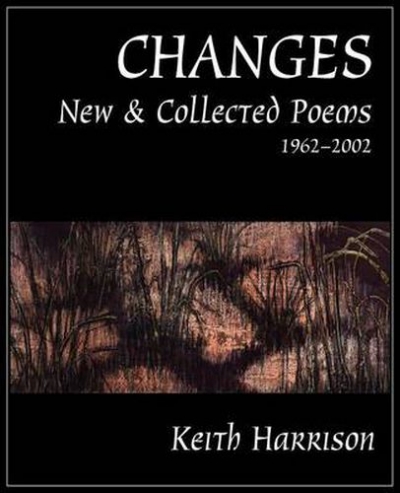Keith Harrison
I stare from my study window into trees.
Considering all things, I watch the first snow spill
White seeds across the rubble where the barn
Towered over us with its cracked spire
For almost half a century until
Some feckless pot-head changed
The whole thing into fire.
The time’s come round again, blind pomegranates shine
In their dark bins like tawny Tuscan wine.
... (read more)ABR welcomes letters from our readers. Correspondents should note that letters may be edited. Letters and emails must reach us by the middle of the current month and must include a telephone number for verification.
... (read more)La Trobe University Essay | 'The Geist in the Mirror: Harold Stewart, James McAuley and the Art of Translation' by Keith Harrison
Ern Malley aside, Harold Stewart and James McAuley are poetic confrères in a region of Australian letters that has been largely overlooked. McAuley (1917–76), who translated only intermittently from the German, gave us poems by Stefan Georg, Karl Haushofer, and Georg Trakl, but the poem I will concentrate on is his 1946 version of Rainer Maria Rilke’s ‘Herbsttag’, which is so remarkable that later I intend to examine it closely. Stewart 1916–95), in contrast to McAuley, spent a good deal of his writing life, both in Australia and Japan, in translating Japanese classical verse, particularly the masters of haiku: Bashô, Buson, Shiki, Issa, Ryokan, Baizan, and others. This work, which occupied him for many years in Australia and Japan, was gathered in two books that will be the focus of my remarks.
... (read more)Changes: New & collected poems 1962-2002 by Keith Harrison
The summer night is dangerous and deep.
I lie, dead still, aware of the tiniest sounds
Being so full of joy I cannot sleep.
The night is dangerous, so many lives.
I love my husband well. A sharp moon
Rubs the spine of the barn. Nothing moves.


